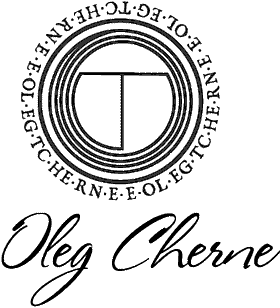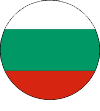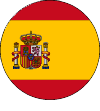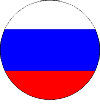Mana. Integral fields
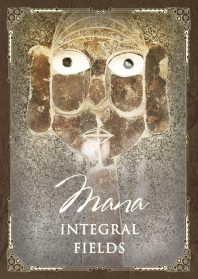
Mana is a concept linked to the ethereal field. In ancient times, Mana was simply understood, it did not need to be defined. What is more, mana was naturally perceived as a body of space. All ethnic groups lived in line with the power of space, formed by a certain field or ether. Each area was characterized by the properties of its ether, as well as its dominant plant. For example, the Sumerians and Egyptians lived in the ethereal field of the tamarisk. This field could be smelled, perceived, and thus represented the life-giving power of mana.
Mana has a certain geometry of the body and a higher consciousness. Therefore, over time, in a number of cultures, the perception of the Mana concept began to correspond to the concept of God. It turns out that mana, field, ether and god are similar concepts that have different interpretations in different cultures. Note that in this context, aroma must be also understood as amrita or ether, which Mana or God breathes. That is, amrita is both what one breathes and the process itself.
This process was important for the formation of the mind and the brain, since aroma was perceived as activating and strengthening different areas of the brain. The biochemical reaction to the aroma of tamarisk, for example, is associated with the temporal parts of the brain. In other words, the Egyptians used Mana to develop the temporal regions of the brain. Note that the ancient cultures focused on the primary nature of the fields, and not on defining these fields.
By the time the Greeks began to define space, it had “settled down” and formed the elements. At the same time, consciousness began to disconnect from higher breathing. It began to breathe with the elements, that is, the air, and then the wind. Eventually the tree itself came to represent the element. Today it is difficult to understand this transition, since we have lost the perception of the breathing function in relation to the ether. Therefore, mana, as part of the field or ether, was automatically “credited” to the element. Thus, the ether became an element.
That is, when our space seemed to have settled in relation to other macrocosmic (integral) fields, both temporal and timeless (quantum, nuclear) physics began to influence our world. As a result, we have, say, a plant with temporary energy and a timeless ethereal field, or mana field, which is formed under conditions of natural or artificial fermentation of the energy of this plant.
In our case, this finds expression in the fact that all plants (with the exception of some concentrated aroma locations) began to represent temporal energy, and essential oils obtained from them began to represent timeless energy. Meanwhile, the spirit of a plant turned into a kind of ether.
Up to a certain moment, the aromas of plants and incense filled the fields, the ether, mana. Over time, what became important were the essential oils, the ability to breathe, i.e. the conditions for Mana breathing. Note that in ancient times breathing was not defined as an effort, as the consciousness was tuned to a certain integral field and largely replaced the work of the heart in connection to breathing. That is, air, or rather, the ether itself entered the body. People existed in the ether like fish in water.
Ether determined which plant a certain nome or totem needed. This can also help us determine a number of ethereal conditions underlying the connection of our brain with the integral fields. For example, we can support and develop the brain by growing frankincense, eucalyptus, sage, mint, lavender, thyme (cumin), oregano, or basil. In this way we form a kind of ethereal effort that can penetrate and nourish various parts of our brain.
All this generally follows the ideas of Plato, who said that the world was created from ether and was part of the nutritional system of the constellations through which light passes. Life in antiquity, therefore, existed and developed according to somewhat different principles and laws, obeying the power of mana. But as soon as the Earth began to form the element, it became, in contrast to the ether, a divisible element.
